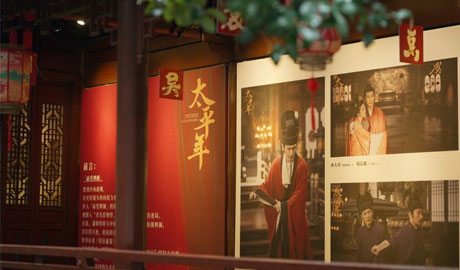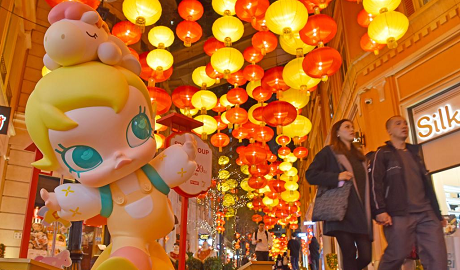

“Artemisinin is a small step in mankind’s conquest of malaria, it’s also a gift of traditional Chinese medicine to humanity,” said Tu Youyou, a lifelong researcher at the China Academy of Medical Sciences, and Nobel laureate in Physiology or Medicine.
In the 1960s, when mankind was suffering from the scourge of malaria, Tu Youyou took up the nation’s daunting task of anti-malarial research. By collating Chinese medical literature and visiting famous herbalists, she compiled more than 640 prescriptions for malaria treatment. Tu was particularly inspired by how ancient Chinese treated malaria with Artemisia annua. By switching to a low-temperature extraction process, she obtained the anti-malarial substance of Artemisia annua. In 1972, Tu’s team discovered artemisinin, which brought a new anti-malarial drug to the world and saved millions of lives globally. Tu Youyou also became the first scientist from Chinese mainland to receive a Nobel Prize in science. The discovery of artemisinin has also brought Chinese medicine to the world stage.

Various festive events held across China to celebrate upcoming Chinese New Year


Hit epic drama sparks interest in lesser-studied chapter of ancient Chinese history

Lanterns hoisted to mark upcoming Chinese New Year in Hong Kong

"In-train fair" launched in NE China's Heilongjiang amid Spring Festival travel rush
点击右上角![]() 微信好友
微信好友
 朋友圈
朋友圈

请使用浏览器分享功能进行分享
